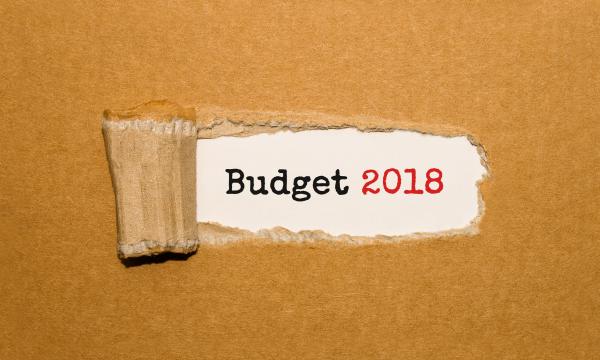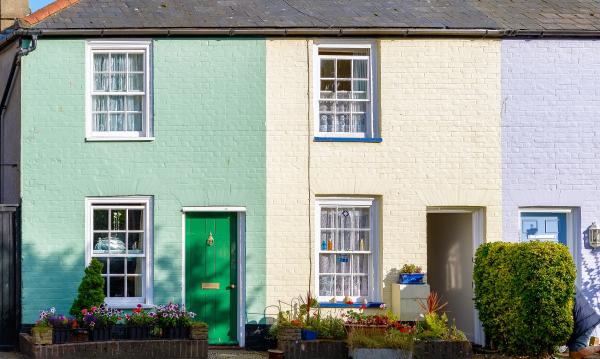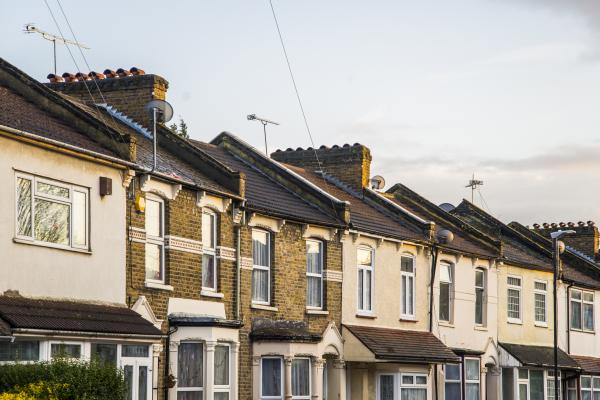
Private landlords must look at budget announcements with dread. In recent years the chancellor's battered red briefcase has held some nasty surprises. Cuts to mortgage interest relief and the loss of the wear and tear allowance just two recent hammer blows felt by landlords. Changes to stamp duty were an even bitterer pill to swallow. That knocked the stuffing out of many private landlords.













